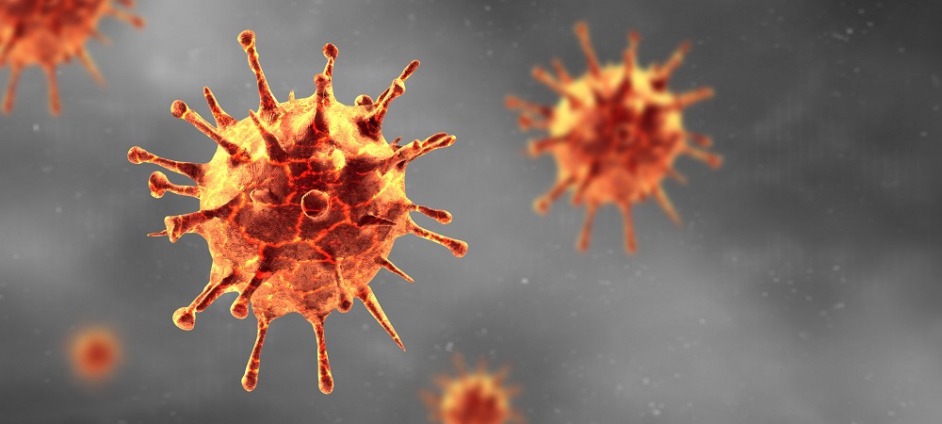The contagious Covid-19 variant, originating from India, the Delta variant, has been recorded in Ghana.
Head of the West Africa Center for Cell Biology and Infectious Pathogens (WACCBIP) of the University of Ghana, Professor Gordon Awendare, confirmed that the Indian variant, also known as the Delta variant, is one of the 45 variants which are currently in Ghana.
The Indian strain has caused huge spikes in India and a serious increase in cases in the UK even though large sections of the population in those countries are vaccinated.
"Overall, we have about 45 or 46 different variants. The trend shows that all these normally come from travellers. However, now that the Delta (Indian Variant) is taking over, it's just a matter of time before it will come here in large quantities. So we have a few here, but it's going to increase," Professor Awendare explained to Daniel Dadzie on JoyPrime's Prime Morning.
Professor Awendare called on government to immediately enforce the Covid-19 preventive protocols to stem a potential spread of this deadly variant.
In addition, he added that the controls at the Kotoka International Airport (KIA) must be tightened to stop more importation of the variant.
Professor Awendare revealed that the AstraZeneca and Sputnik V vaccines are not effective against the Indian variant.
"Now we have to be looking at the right vaccines. All this while, we've been fixed on AstraZeneca and Sputnik V, but we have to shift towards more Pfizer and others that have a better chance of protecting against this variant. Because the future is, we are going towards these aggressive variants", he stressed.
The World Health Organisation (WHO) has classified this coronavirus variant, first found in India last year, as a "variant of global concern".
It said preliminary studies showed that this specific mutation spreads more easily than other variants.
A mutation is elevated from a "variant of interest" to a "variant of concern" (VOC) when it shows evidence of fulfilling at least one of several criteria, including easy transmission, more severe illness, reduced neutralisation by antibodies or reduced effectiveness of treatment and vaccines according to the global health body.
Latest Stories
-
CSOs silence on GoldBod due to proper consultation – Steve Manteaw
37 seconds -
Three injured, one arrested after violent clashes during Eid-ul-Fitr carnival at Kasoa
9 minutes -
ICASA 2025: Steering committee meets in Accra as Ghana readies to host Africa’s largest HIV/AIDS conference
11 minutes -
Reimagining Regional Peace and Security: President Mahama’s Strategic Engagement in the Sahel
2 hours -
Kofi Adams sends condolences to family of late Nigerian boxer following death in Ghana
2 hours -
Analysing Panama, Suez, and post-panamax dimensions and their impact on ship design and global trade dynamics
3 hours -
Respect students’ religious rights – Education Minister cautions schools
3 hours -
Mahama urges youth to adopt digital skills for a competitive edge
3 hours -
Arrest Afenyo-Markin, NAPO, and Dubik Mahama over missing ECG containers – Mustapha Gbande
3 hours -
Ratification of MARPOL Annex VI – Policy recommendations for African Coastal States
5 hours -
Harrods launches compensation scheme for Al Fayed victims
5 hours -
Global fashion waste crisis: Africa calls for end to ‘waste colonialism’
5 hours -
Gold hits all-time high as Trump’s tariff plans stir inflation worries
5 hours -
Lassa fever kills 118 in Nigeria over last three months
5 hours -
Former Church of England leader says scale of abuse scandal was ‘overwhelming’
6 hours

